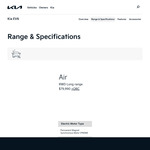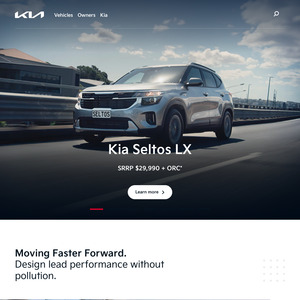8 units of the EV6 Air RWD advertised on trade me from various dealers at $59,990. (suspect this price is available nationwide).
Not quite as good of a deal as the $45k mach-e's of late last year, and while the EV6 feels a bit less premium, it does have some key advantages: 528km WLTP range, 800 volt fast charging (10% - 80% in 18mins), Vehicle to load (230 volt, 16 Amp max, so grunt enough to run basically any appliance / tool that comes with a domestic plug), rated for towing in NZ (1600kg braked), and it includes a domestic socket style charger.



About the same price as a RAV4 Hybrid Ltd. It does seem ironic that the loss of the clean car discount is leading to far better deals for consumers. But it almost feels like dealers are getting out of EVs in NZ because of current policies which seem to favour hybrids and small efficient ICEs at the moment, so a big drop off in people buying EVs.